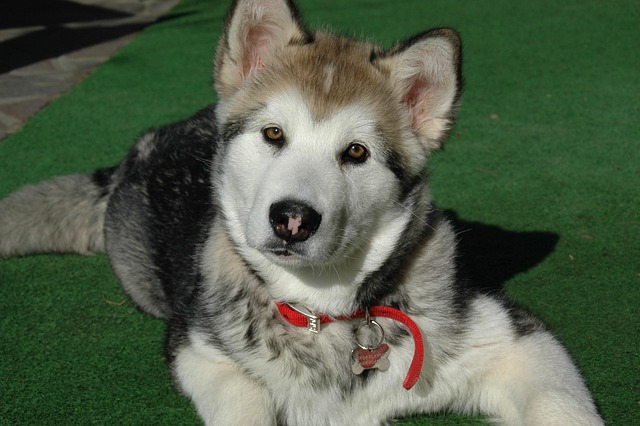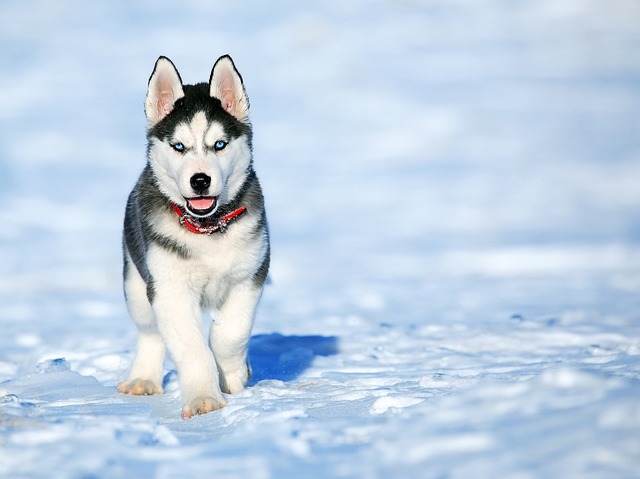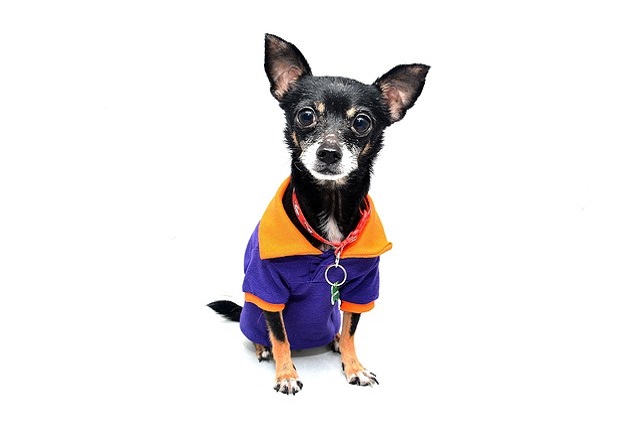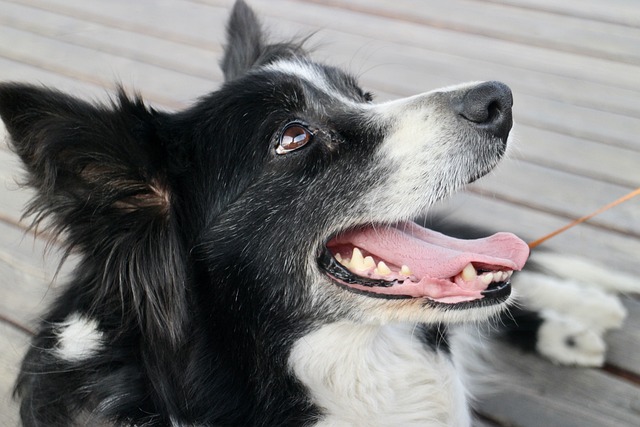
How to train a dog to stop barking at noises?
That sudden burst of barking when a car backfires or a neighbor shuts a door can jolt anyone—including your dog, who's probably just as startled as you are.
Okay, let's talk about those adorable little land sharks living in your home. You reach down to pet them, they latch onto your hand. You wiggle a toy, they miss and grab your sleeve instead. Sound familiar? Puppy biting isn't just annoying; those tiny needle teeth hurt! But before you despair, understand this: mouthing and biting are completely normal behaviors for puppies. It's how they explore their world, play, and even soothe their aching gums during teething (around 3-6 months). Think of it like a human baby putting everything in their mouth – it's their primary learning tool. The key isn't to punish this instinct, but to gently teach them what is appropriate to bite and how to control the pressure – that's called bite inhibition.
So, how do we redirect those razor teeth fast? Forget yelling or physical corrections – those damage trust and can actually make biting worse due to fear or excitement. Instead, channel your inner calm and use positive reinforcement training. Here's your action plan: First, arm yourself with fantastic chew alternatives. Keep a stash of rubber teething toys, rope tugs, or even frozen washcloths or carrots (super soothing for gums!) handy everywhere – the living room, your home office, your pocket. The moment those teeth touch skin or clothes, say a clear, calm "Oops!" or "Ah-ah!", immediately freeze your hand (pulling away fast can trigger a chase instinct), and offer the fantastic chew toy instead. Shower them with praise and maybe a tiny treat the instant their mouth closes on the toy. Consistency is non-negotiable. Every person in the household must do this, every single time. If your pup gets overly excited and ignores the redirection, it's time for a brief "play pause." Calmly say "Too bad," stand up, turn away, and ignore them completely for 30-60 seconds. This teaches them that biting ends the fun interaction. Repeat consistently, and you'll see progress surprisingly quickly.

Now, a crucial note for our US-based friends, especially those navigating apartment living or tight-knit communities. While training this behavior, remember your legal responsibilities. Ensure your pup is up-to-date on their rabies vaccination – it's not just vital for health, it's the law in virtually every state. Also, those little accidents during potty training or excited moments? Always carry biodegradable bags. Scooping poop immediately in public spaces (and your own yard!) isn't just neighborly; it's often mandated by local ordinances and prevents the spread of parasites. And about that training method? Stick firmly with positive reinforcement. Techniques like alpha rolls, hitting, or yelling aren't just ineffective long-term; they can be reported as animal cruelty in many jurisdictions and go against modern animal welfare standards embraced by organizations like the American Veterinary Society of Animal Behavior. Remember, thin apartment walls mean your neighbors hear everything – a sharp yelp during play might be misunderstood. Keep training sessions positive and relatively quiet. When you finally conquer the biting and hit the sidewalks, basic community etiquette applies: keep your pup leashed unless in designated off-leash areas, ask before letting them greet other dogs or people, and always respect shared spaces.
Stopping puppy biting isn't about dominance; it's about clear, kind communication and providing appropriate outlets. With patience, consistency, and positive methods, you'll transform those needle nips into gentle nuzzles faster than you think, building a fantastic bond with your furry best friend along the way. You've got this!

That sudden burst of barking when a car backfires or a neighbor shuts a door can jolt anyone—including your dog, who's probably just as startled as you are.

Teaching your dog basic commands isn’t just about showing off tricks at the park—it’s about building trust, keeping them safe, and making daily life smoother for both of you.

The moment you bring that wiggly ball of fur home,the clock starts ticking—but not in a rush.House training a puppy isn't about waiting for some magical age;it's about reading their signals and starting gently when they're ready to learn.

Bringing home a new dog—whether a wiggly puppy or a calm adult—fills your days with tail wags and slobbery kisses. But sooner or later, every owner wonders: When's the best time to start training?

Does apple cider vinegar kill worms in dogs? It’s a question that pops up often in dog owner circles, especially among newbies in the US who prefer natural remedies.

Puppies are bundles of energy, but when that energy turns into growling, nipping, or lunging, it can be worrying. Aggression in puppies often stems from fear, confusion, or a lack of proper socialization—rarely is it a sign of a "mean" dog.